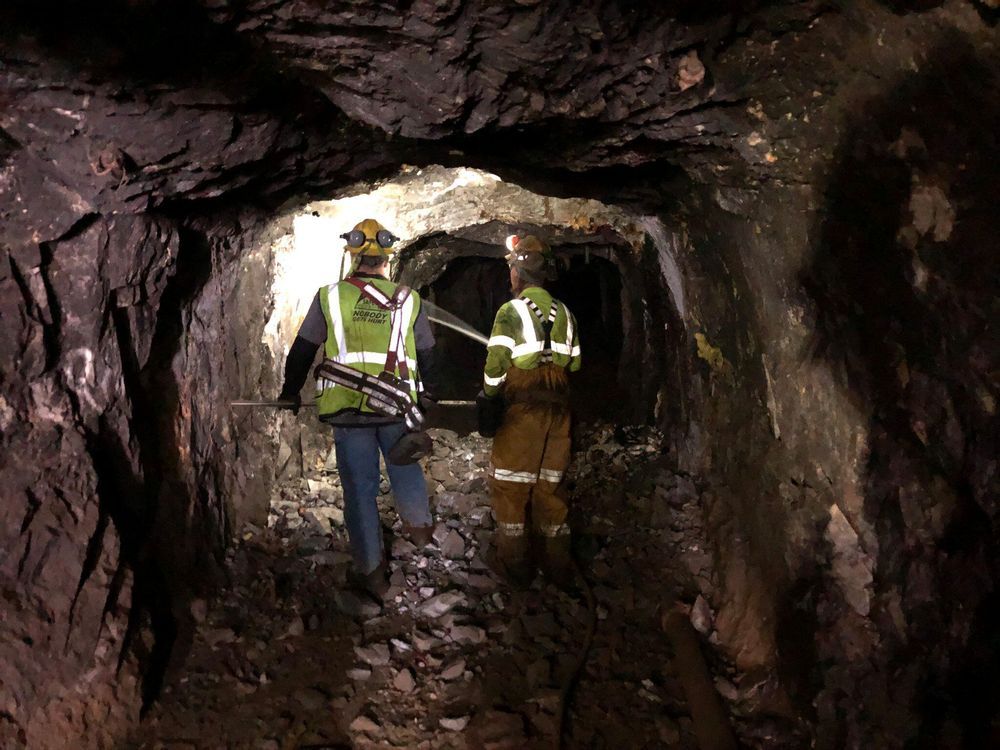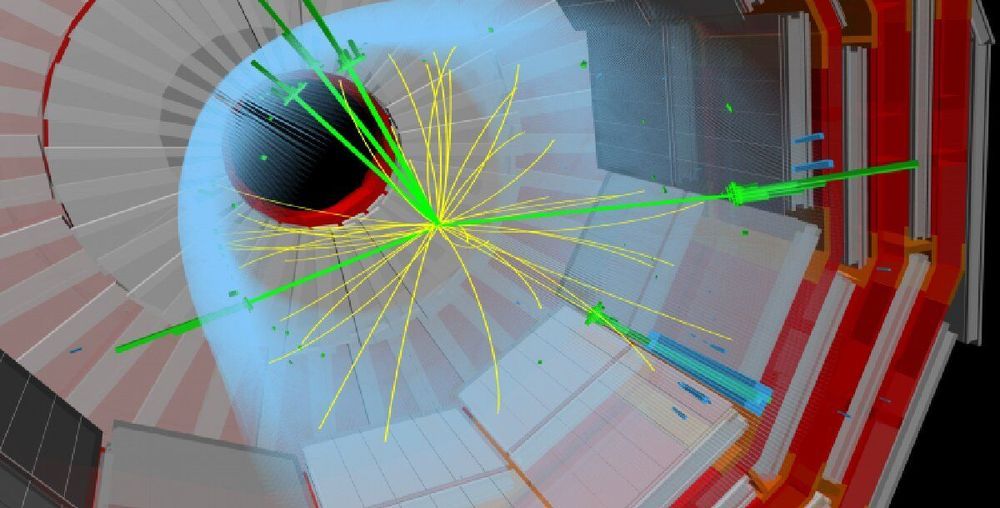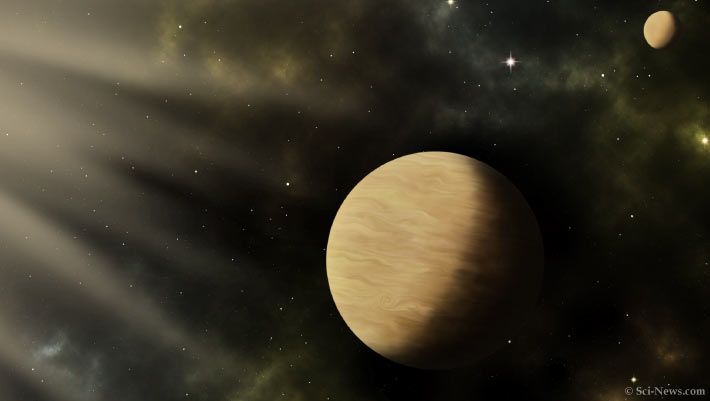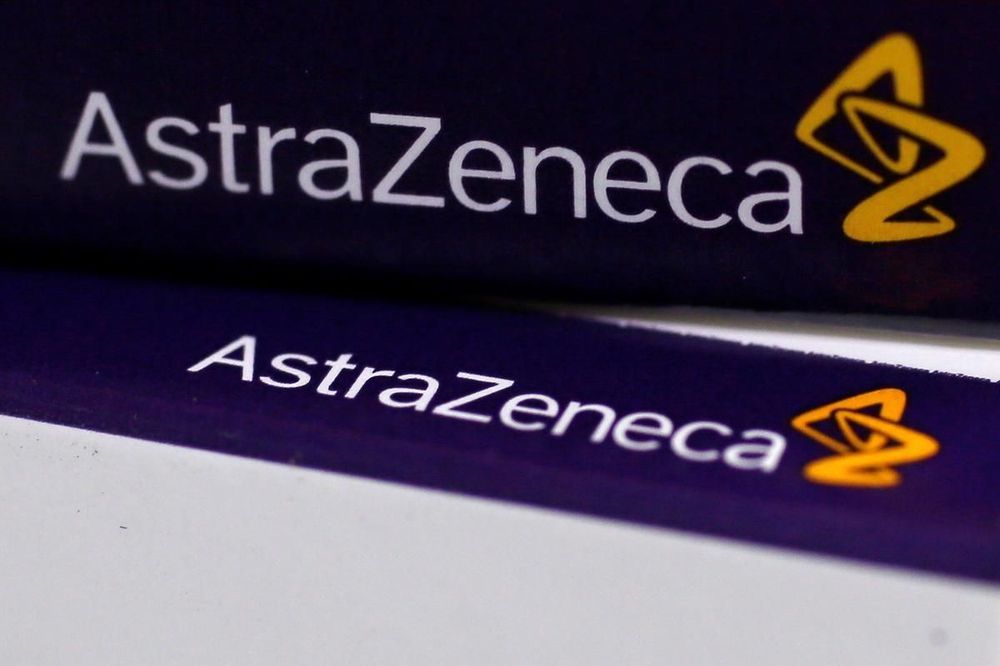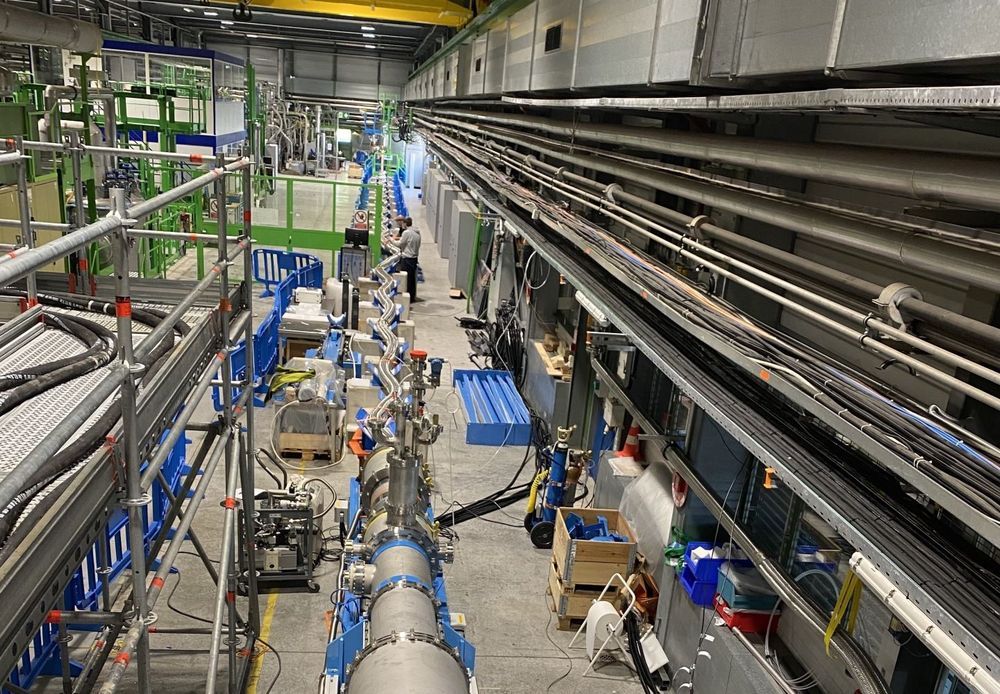Summary: Study identifies a different set of individual neurons in the medial frontal cortex that is responsible for memory-based decision making. The findings have implications for the treatment of Alzheimer’s disease, schizophrenia, and other disorders associated with problems in cognitive flexibility.
Source: CalTech
Most of us know that feeling of trying to retrieve a memory that does not come right away. You might be watching a romantic comedy featuring that famous character actor who always plays the best friend and find yourself unable to recall her name (it’s Judy Greer). While memory retrieval has been the subject of countless animal studies and other neuroimaging work in humans, exactly how the process works–and how we make decisions based on memories–has remained unclear.

